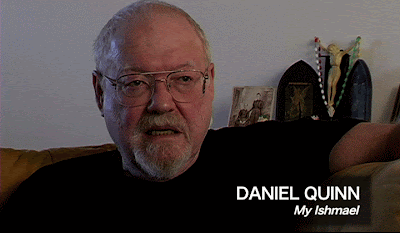Is Christ Divided?
Notes for the house groups on 1 Corinthians.
Week nineteen, beginning Sunday 25 November: 1 Corinthians 15.35 – end of 16
Main theme: the resurrection body; closing comments
Questions to prompt discussion
1.What does the prospect of being raised bodily mean to you? Are there any implications for how you treat your body now?
2.In what ways can we live today without being afraid of death?
3.How should rich Christians support poor ones?
4.If you were writing a letter like Paul’s, who would you thank?
Supplementary thoughts:
After a highly sensible ‘don’t ask such silly questions’ attitude at the beginning, Paul proceeds to give us a metaphor or image for understanding the resurrection. What we are dealing with is something mysterious, for which we have only pointers. The important points are a) that we will be raised as Christ was raised, and b) that we will be raised bodily. People might like to consider the following terms, and how far they overlap or are incompatible: resurrection; life after death; eternal life; living in the Kingdom; being in heaven; reincarnation. NB Bear in mind that Paul uses ‘flesh’ to describe two things: the physical body (flesh and blood) and worldly desires (the way of the flesh).
Paul’s collection for the saints (ie other churches) is referred to in Galatians 2.10 and is key to his missionary journeys, and a principal way of binding the different communities (Jew and Gentile) together. See 2 Corinthians 8 and 9 for an idea of the response he got! (but see also Rom 15.25-7 – Corinth was the capital of Achaia).
Notes on verses
v 15.38 the emphasis is upon God’s power of resurrection
v 42 and onwards – physical body is literally a body driven by a soul (psyche) as opposed to the spiritual body driven by a (Holy?) Spirit (pneuma). Compare with ‘born again’ = literally ‘born from above’.
v 51 it’s possible that Paul expected the general resurrection in his own lifetime (compare 7.29-31; 1 Thess 4.15-17)
v 16.2 The reference to ‘the first day of the week’ is the earliest in Christian literature
v10-11 it’s possible that Timothy was not an imposing figure, hence the need to ask for help – which may be deliberate on Paul’s part, given the themes of the letter
v17 these are the members of the Corinthian church who came to Paul with the letter from the Corinthians to which this letter is a reply
v20 the holy kiss is mentioned a number of times in the New Testament – a sign of the communal aspect of Christian belief (compare with the 20th century difficulties associated with re-establishing exchanging the peace).







